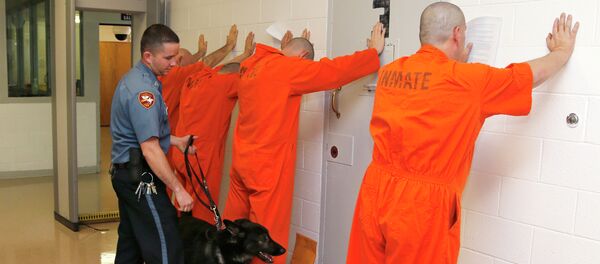Some cities already allow it – some even allow undocumented immigrants to vote —- but if this law passes, New York City would be by far the largest.
Under the proposal, legal residents would have to live in New York City for at least six months. A majority of city council members support it, as does Mayor Bill de Blasio, who says he would sign it if it gets to his desk.
Advocates argue that many non-citizen residents in the city already pay taxes and send their children to public schools, and are active members of the community; voting would be the next logical step. According to the Fiscal Policy Institute in New York, non-citizen residents contribute $18.2 billion in income taxes each year.
"People are New Yorkers in profound ways without being citizens of the US,” Ronald Hayduk, a Queens College professor of political science, told The Guardian newspaper. The borough of Queens has the greatest number of immigrants residing in New York City.
Allowing non-citizens to vote, Hayduk adds, “Would produce new issues, new candidates, and new outcomes.”
Non-citizens were allowed to vote in the US during the first 150 years of the country’s existence, but citizenship requirements coincided with a large wave of migration in the late 19th century. Some cities and states allow non-citizens to vote in local elections, from school boards to city councils.
Currently in the US, six small towns in Maryland allow non-citizen voting in local elections. Chicago lets non-citizens vote in its school elections.



